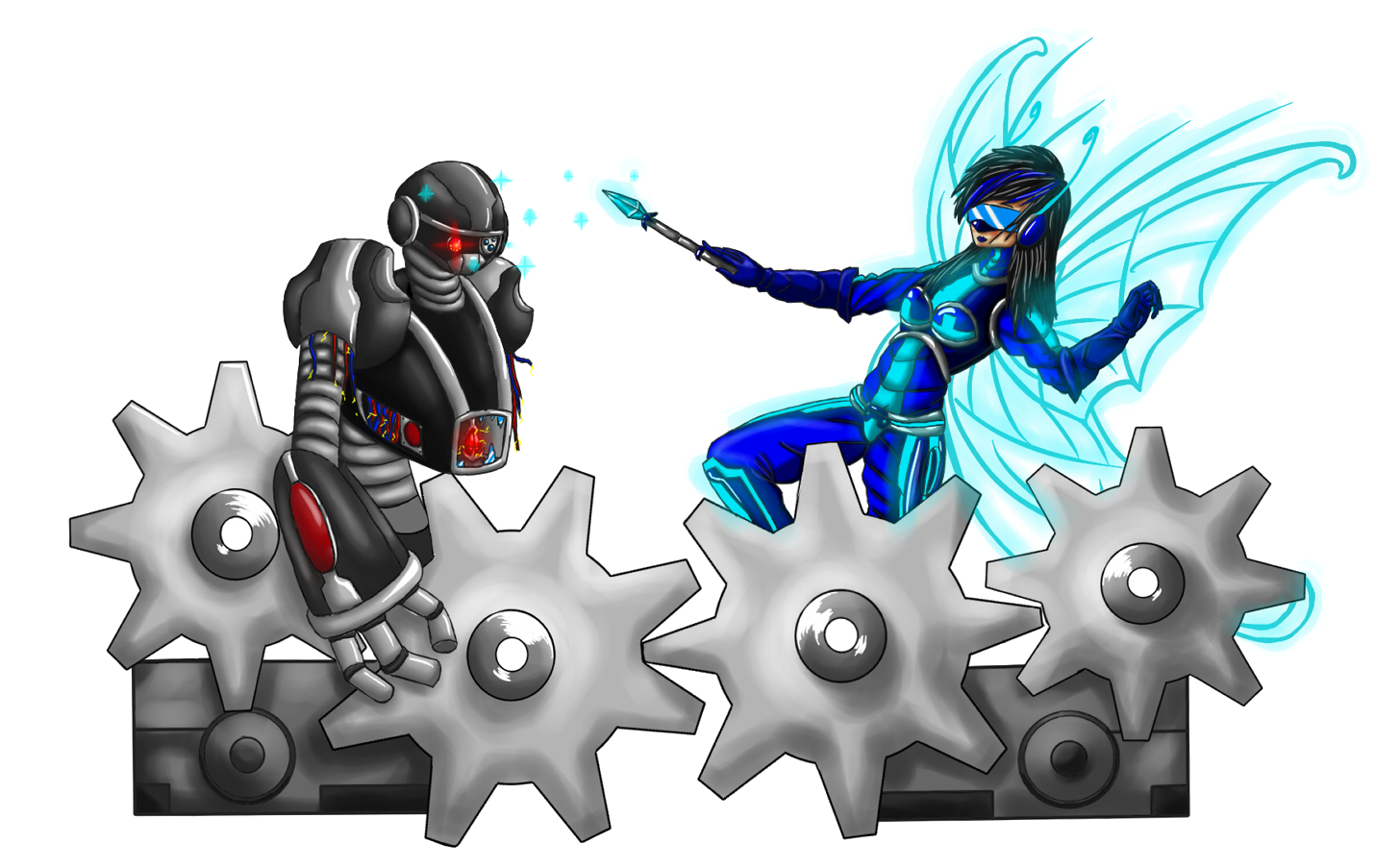NUTRIENT AND DISSOLVED OXYGEN LEVELS OF AN OPEN AQUIFER SYSTEM
MATTHEWS, Tessa, Geosciences, Indiana University-Purdue University Fort Wayne, 2101 E. Coliseum Blvd., Fort Wayne, IN 46805, BUDD, Sarah K., Geosciences, Indiana University - Purdue University Fort Wayne (IPFW), 2101 E. Coliseum Blvd, Fort Wayne, IN 46805-1499 and ISIORHO, Solomon A., Department of Geosciences, Indiana University-Purdue University Fort Wayne (IPFW), 2101 East Coliseum Boulevard, Fort Wayne, IN 46805-1499, mattta01@students.ipfw.edu In order to monitor nutrients and average water level, pH, temperature, and conductivity for an aquifer on the IPFW campus, a well field was created. A creek adjacent to the well field is also monitored. Additionally, dissolved oxygen levels have been added to see if there is a correlation between the dissolved oxygen and nutrient levels. The USEPA maximum suggested acceptable levels are 10.0, 1.0, 250.0, and 5.0 mg/L for nitrate, nitrite, sulfate, and phosphate respectively. The data presented was collected over a 2 year period. The results show that, on average, all parameters tested were within the USEPA acceptable drinking water limits (averages are shown in parentheses). Nitrate, nitrite, sulfate, and phosphate levels range between 0.0-15.5 (2.5), 0.0-0.01 (.004), 0.0-252.0 (74.2), 0.0-7.9 (2.1) mg/L respectively. The pH was between 4.8-10.2 (6.5) and the conductivity values range between 111- 1118 (667.7) ppm. The overall results show that the waters from this aquifer are suitable for drinking. With the dissolved oxygen portion of the project, there appears to be no consistent correlation pattern, but data was only collected over a three month period. This is an ongoing study and newer results will be presented

